
Campaigns
No more excuses, Mr Eustice! Call for EA cuts to be restored
Giving evidence to the Environmental Audit Committee (23rd June), Sir James Bevan, CEO of the Environment Agency, called on the government and George Eustice, Defra Secretary of State, to restore the cuts inflicted on the agency since 2010.
As part of our Anglers Against Pollution campaign, the Angling Trust is demanding the EA grant be restored to the £210 million per year level, reversing the two thirds cut in funding since 2010 – and now, not at some ill-defined point in the future. George Eustice and the government need to stop making promises and reassuring us they care for the environment – they need to act.
Stuart Singleton-White, Head of Campaigns at the Angling Trust, said:
“I’m pleased to hear the CEO of the Environment Agency being so clear about the devastating impact these draconian cuts have had, not only on his organisation’s capacity to do its job, but on our rivers and waters and the fish and biodiversity within them.
“As anglers, we see the real consequences of these cuts every day. Rivers dying in front of our eyes, fish populations falling, raw sewage and wet wipes floating by, algae-blooms, and run off from poorly managed farmland. But when we report this, our horror turns to frustration. Most of the time the Environment Agency do precisely nothing.”
These devastating cuts, two-thirds since 2010, allows polluters to act with impunity. On average, a farm will get a visit once every 200 years. And when action is taken, too often the agency don’t prosecute, preferring instead to rely on enforcement undertakings rather than court action. Too often these undertakings (payments) do not act as a deterrence and are no more than it would cost to clear up the pollution.
Singleton-White said: “Both the government and the Environment Agency need to do much more to send a clear message to polluters that we won’t allow them to wreak such damage to our environment. They need to take firm action, and that means we need to see polluters in court, we need to see fines issued, we need to see a strong deterrence that polluters will take note of. Polluters must fear that if they don’t change their behaviour, they, not us, will pay the price.”
Sir James admitted that the cuts have impacted on the agency’s ability to properly monitor our rivers and the polluters who do so much damage, telling the committee: “It is having an effect on our ability to know what is going on and to act effectively.”
While the restoration of the £210 million will help, the Angling Trust has been arguing that the monitoring system has fundamental flaws that need to be sorted. An over reliance on random spot sampling, not enough continuous monitoring, clear evidence that water companies have mis-reported or not reported through the self-reporting process, and inadequacies of the event duration monitoring, which fails to tell a full picture of what is happening.
Globally, freshwater species populations have declined by 83% since 1970, according to WWF. If this government is serious about protecting our rivers and waters, as part of its stated commitment to protect 30% of land and sea by 2030, restated at the recent G7 meeting in Carbis Bay, then it has to act now. Nothing short of properly funding the regulator charged with protecting our freshwater environment will do. Once this happens, the Environment Agency need to act decisively, get boots on the ground and show us all that they can reverse the trend of decline that has happened on their watch.
You might also like

We want a water industry fit for purpose

Another year of anglers’ data reveals another year of…

Get Fishing Fund – Funded Project: ‘Summerhayes Junior Angling…
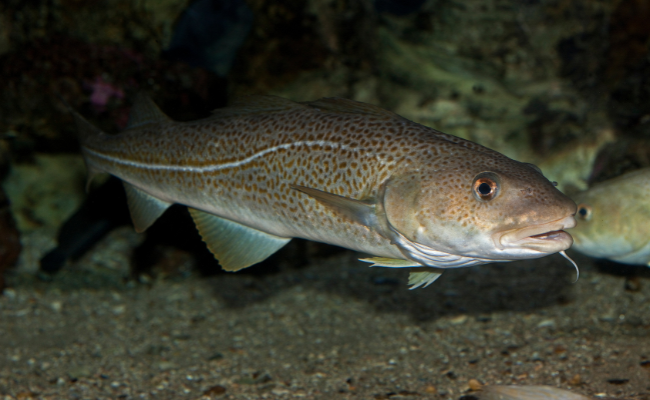
Will the UK-EU Fisheries Deal Deliver for Sustainability and…

The smile says it all! Kayson is hooked! –…
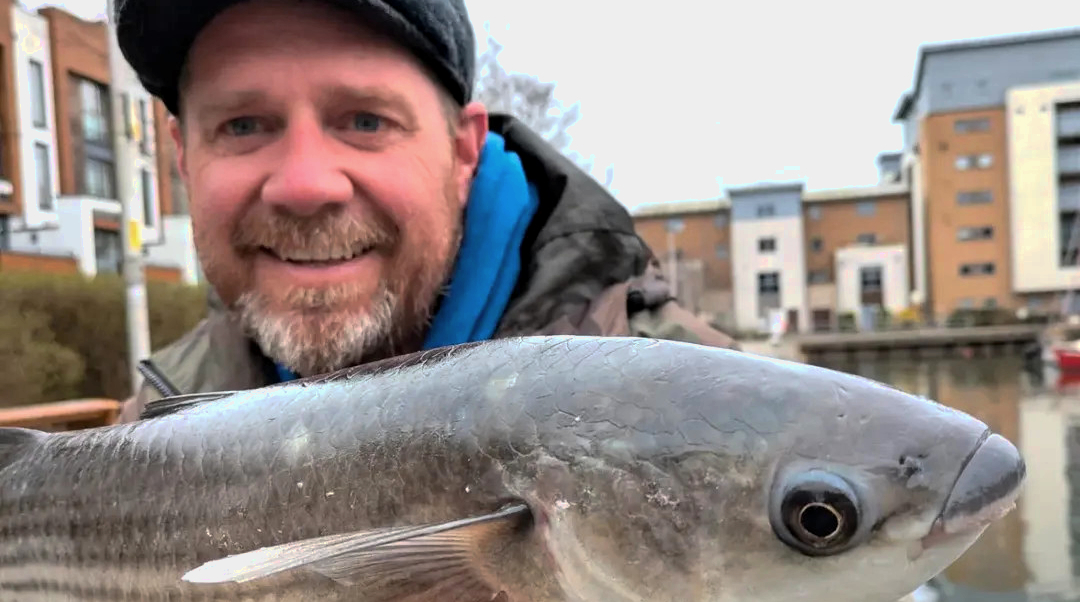
Our Man with a Mullet! Dean Asplin, enjoys a…
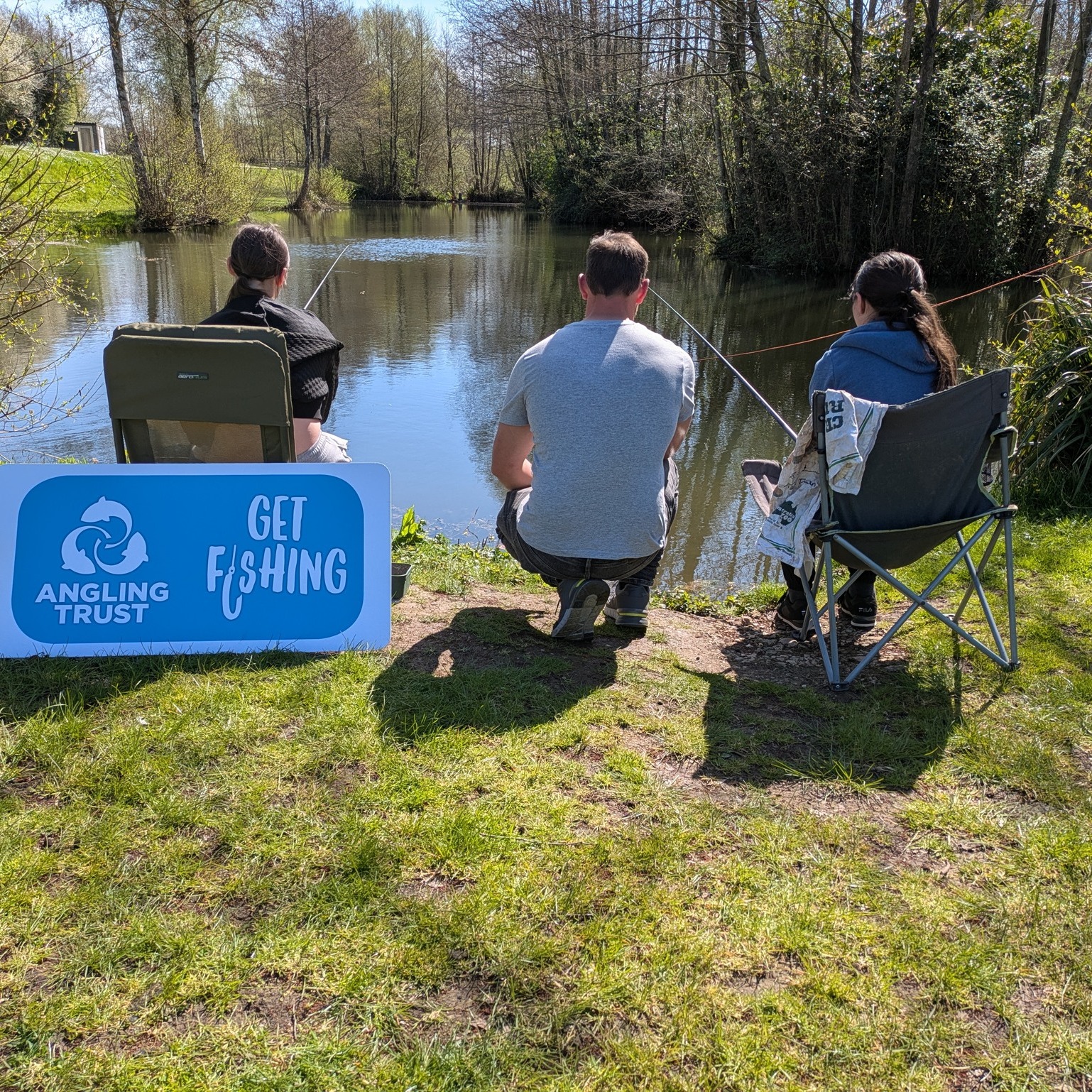
Underdog Crew hosts top draw fishing events with Hintlesham…
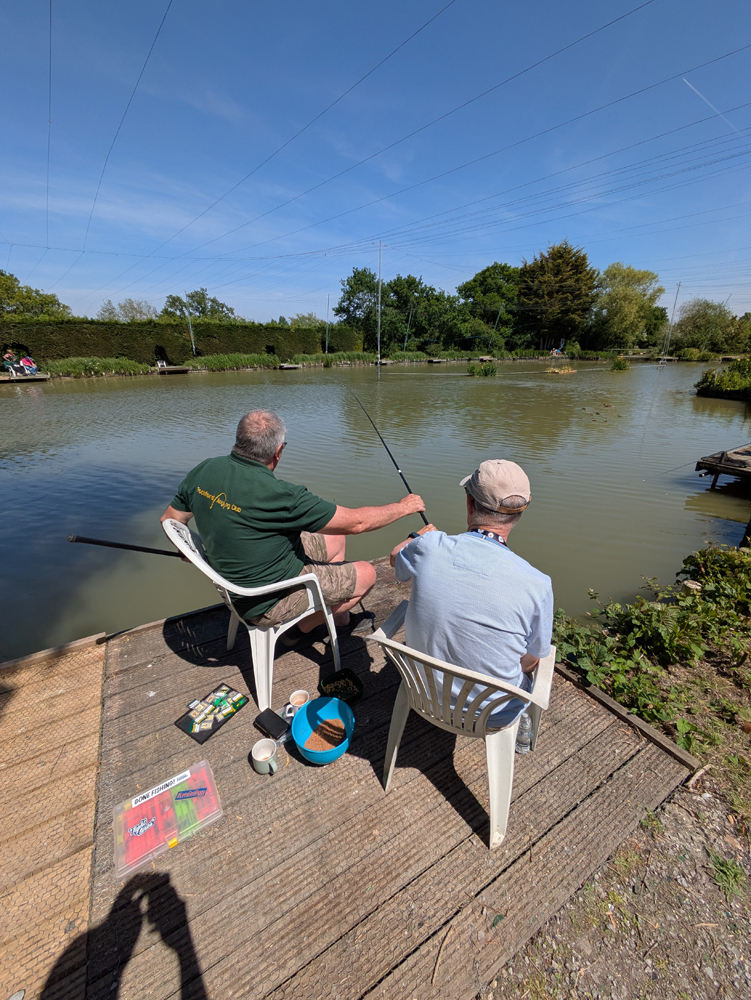
NEW BLOG: Fishing helped my Peaceful Place members with…
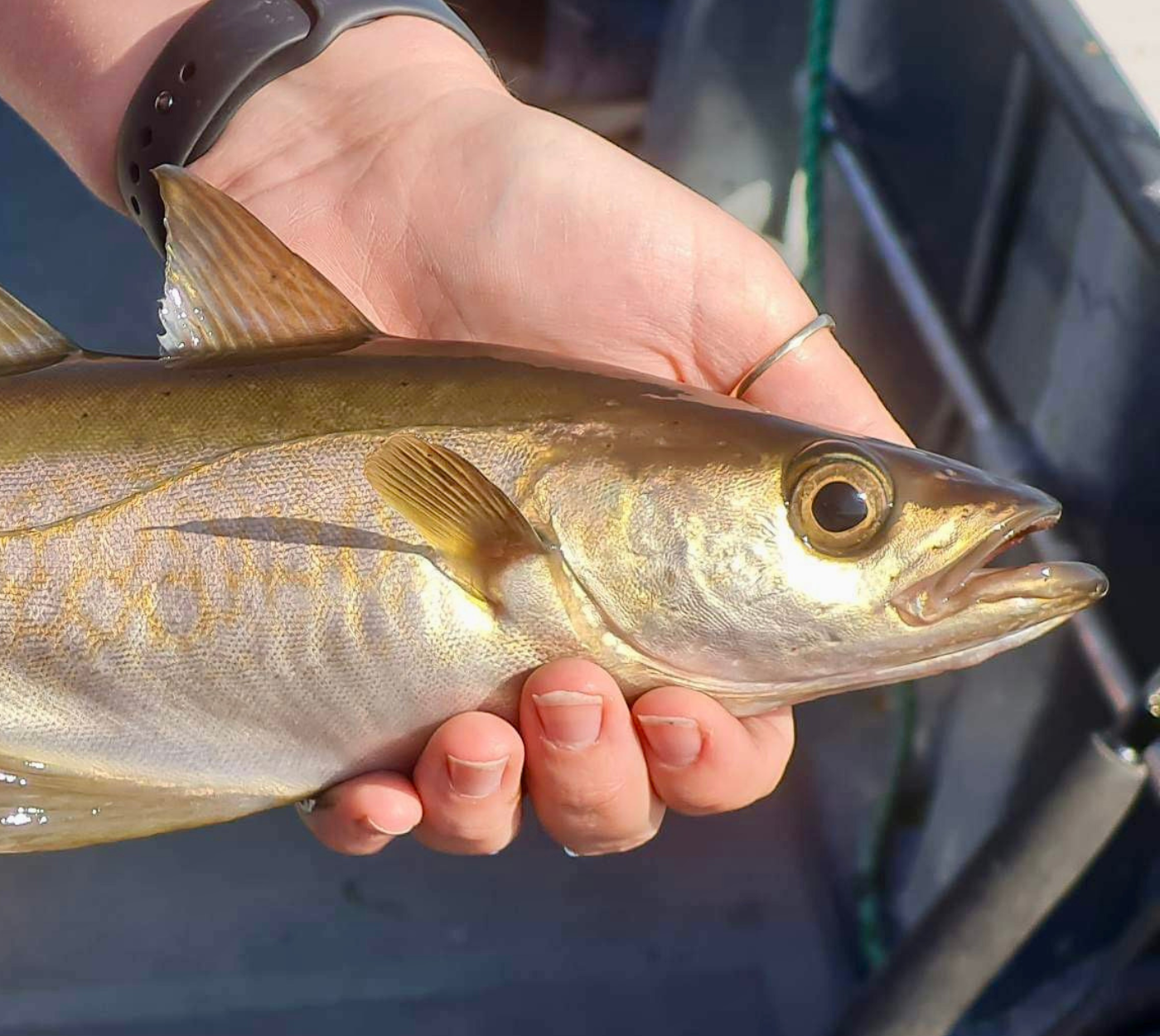
Minister’s Visit Highlights Collaborative Action on Pollack Conservation

Angling Trust calls for radical reforms to end sewage…
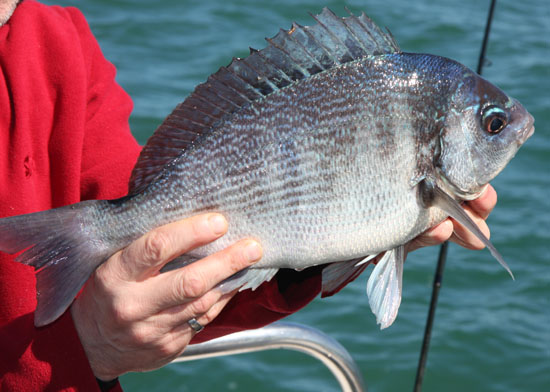
Have Your Say: Shape the Future of Black Bream…
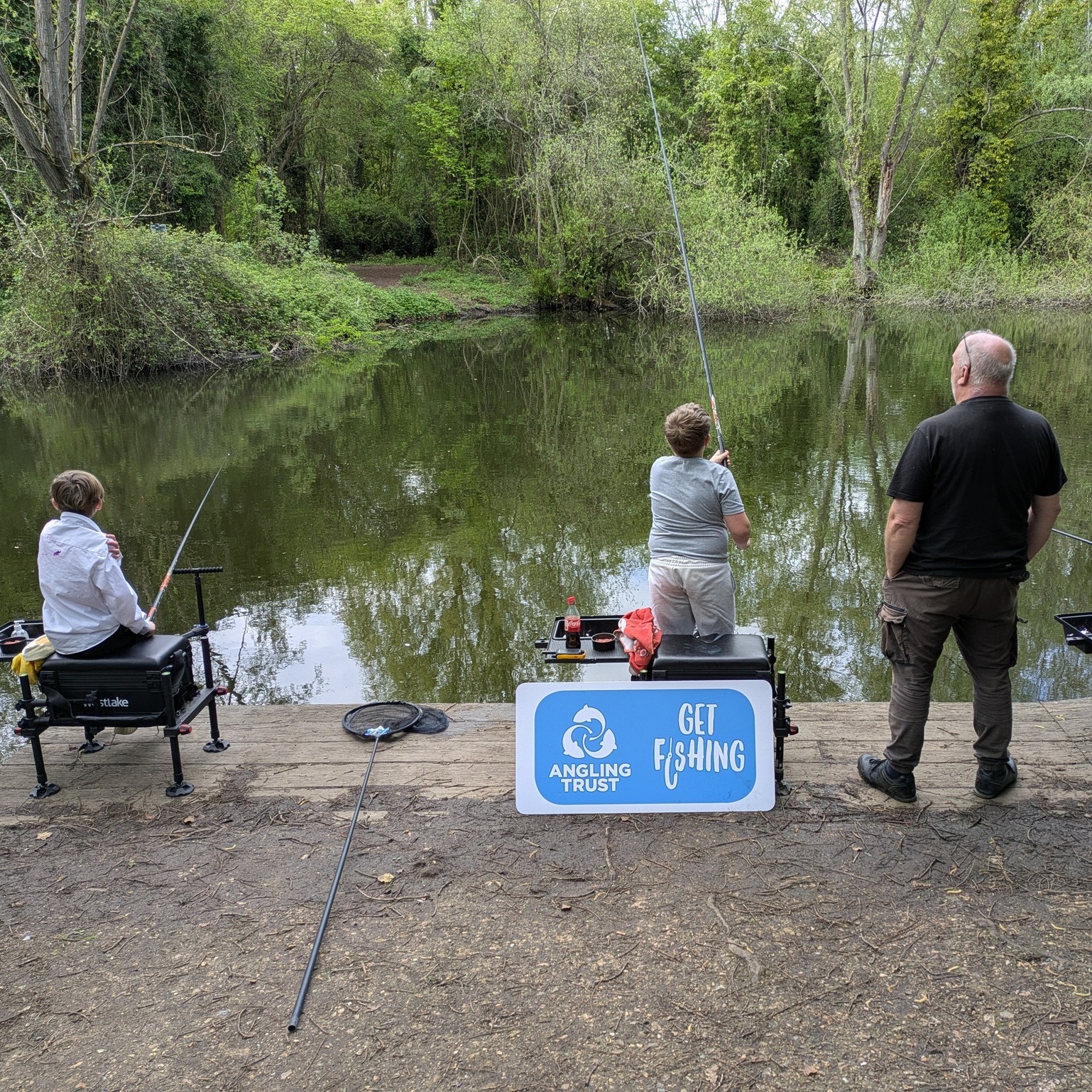
NEW BLOG: Get Fishing Award event for North Cambridge…

We want a water industry fit for purpose

Another year of anglers’ data reveals another year of…

Get Fishing Fund – Funded Project: ‘Summerhayes Junior Angling…

Will the UK-EU Fisheries Deal Deliver for Sustainability and…

The smile says it all! Kayson is hooked! –…

Our Man with a Mullet! Dean Asplin, enjoys a…

Underdog Crew hosts top draw fishing events with Hintlesham…

NEW BLOG: Fishing helped my Peaceful Place members with…

Minister’s Visit Highlights Collaborative Action on Pollack Conservation

Angling Trust calls for radical reforms to end sewage…

Have Your Say: Shape the Future of Black Bream…

NEW BLOG: Get Fishing Award event for North Cambridge…

We want a water industry fit for purpose

Another year of anglers’ data reveals another year of…

Get Fishing Fund – Funded Project: ‘Summerhayes Junior Angling…

Will the UK-EU Fisheries Deal Deliver for Sustainability and…

The smile says it all! Kayson is hooked! –…

Our Man with a Mullet! Dean Asplin, enjoys a…

Underdog Crew hosts top draw fishing events with Hintlesham…

NEW BLOG: Fishing helped my Peaceful Place members with…

Minister’s Visit Highlights Collaborative Action on Pollack Conservation

Angling Trust calls for radical reforms to end sewage…

Have Your Say: Shape the Future of Black Bream…









